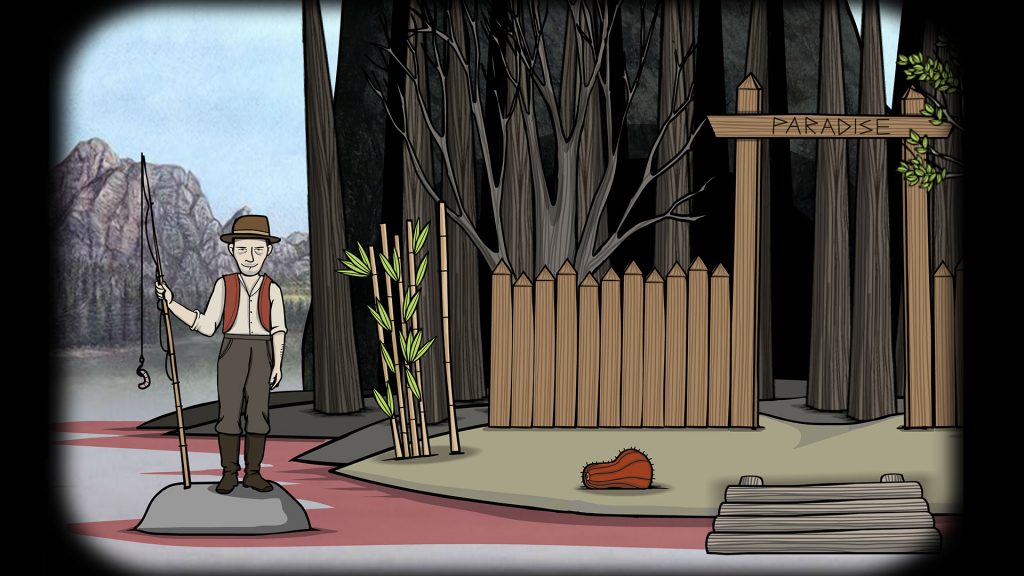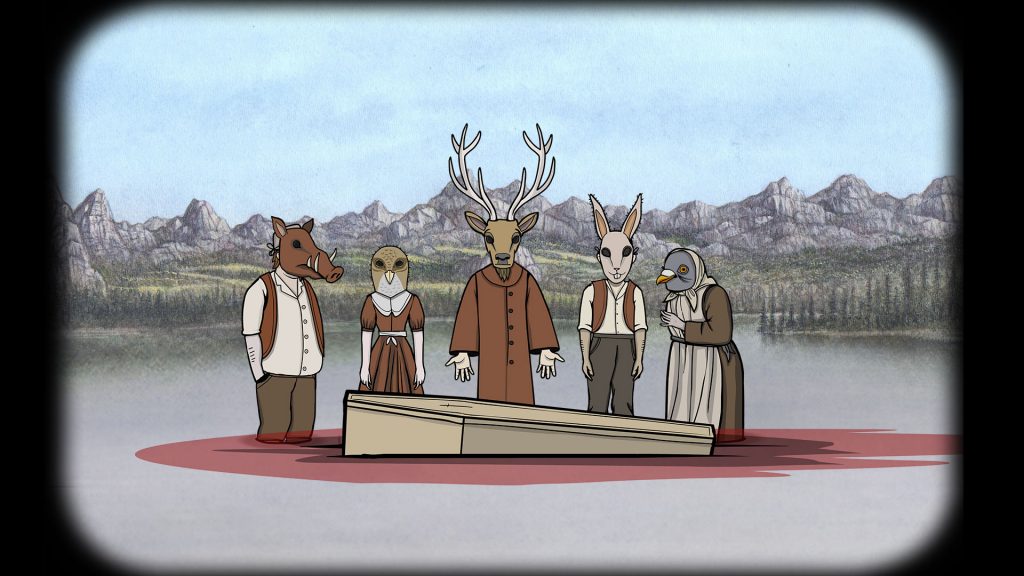Faith: a deceptive term implying trust, and perhaps benevolence. The belief in a higher power demands an instinctual confidence in the unknown, however questionable the ethics of its systems. Familial relationships are often built on faith; family members may be loved unconditionally even if generally loathed as individuals. The natural order of Earthly constraints may never be identified at this point in the human era, for the basis of natural instinct no longer applies to such a radically-developed species capable of questioning any and all systems.
Yet religious doctrine continues ceaselessly. Humans habitually aspire to follow, to allow themselves to be governed by the presumed ‘known,’ to cast out the unknown and the unanswered mysteries regarding Life in general, for the sake of contentment and community. Mental capitulation, in a way, defines the current human experience; indeed perhaps that of all the planet’s species. Routine (the Solar cycle), sin (the condemned objects of desire), moral consequences (plague, rapture, disease); biblical teachings offer a worldly view of social moral credence, how mankind allows itself to be swept in to the currents of communal facilities. To give up their individuality for the sake of the community.

Puzzle games are primarily established upon the effective nature of satisfying players for utilizing systemic logic. Pick up two objects in an adventure title, put them together, and then use the new object to progress further. The reward: more puzzles to solve, and perhaps narrative justification for the process itself.
The Rusty Lake series is profoundly infatuated with philosophical musings as illustrated through adventure style gameplay. Paradise, the latest entry in the franchise, immediately recalls a number of various influences — Myst, Twin Peaks, Pathologic — which all speak to correspond with the game’s greater aspirations to judge faith as a defining human flaw.
A Defining Human Flaw
The ambiguous plot has the player almost mindlessly seeking procreation, the irony being how methodically designed each level’s puzzle aspects are throughout. RSP is primarily determined to complicate the procedures of an otherwise simplistic, natural act, bridging childbirth with all of the social consequences and responsibilities attached to the process — be it religious association, paternal blessings, or even moral deliberations. The very backhanded quality of the narrative’s unraveling form considers legacy-building as instinctually desirous; a quite natural operation.
Paradise is a comedic tale, chillingly so. The art direction blankens the faces of its peculiar characters, their wordless expressions leaving the impression of sinister ramifications being developed as the player progresses. Each level is based around a different biblical plague, perhaps the most necessarily deliberate allusion to Christianity; and each chapter, another cast member dies at the hands of the featured affliction. The result is a sardonic, foreboding tragedy, the development of which comes at the cost of the player’s own direct impression on the world.

The beauty of RSP (alongside its genuinely unique artstyle, which only further captures a fetid air of ominous intent) lies in its ability to craft meaning within each of the symbolic puzzles laid out across the game’s entirety. Each subsequent plague reflects the turmoils surrounding a period of pregnancy, as well as sets forth the dawning realisation of foreboding consequences. For what worth is humanity clinging to existence? What inherent satisfaction is dealt in the process of reproduction, or evolution?
Sinister Symbolic Puzzle Design
The notion of development — cognitive, physical, spiritual — drives mankind forward into a ceaseless cycle of death and rebirth. The nature of success inherent throughout RSP’s arrangements of puzzles accentuates this notion of revitalized complacency within the world; fulfillment through the carrying out of social functions.
Rusty Lake Paradise is an ethereal parable on the concept of Faith as enlightened deterrent. But, while Faith may turn the collective mindset away from pondering existence, it does so for the sake of contentment, mindful serenity and acceptance of the assumed state of being. This latest Rusty Lake title is a wildly effective portrait of unnerving implications involving progress — as a race, as a species, as an individual. Perhaps the game’s greatest achievement is its ability to sway any notion of trepidation through its articulate art design, offering perturbed context to its skillful puzzle constructs, which simultaneously distract and yield success. Indeed, the very principles of Faith, orchestrated as an interactive gaming experience.



